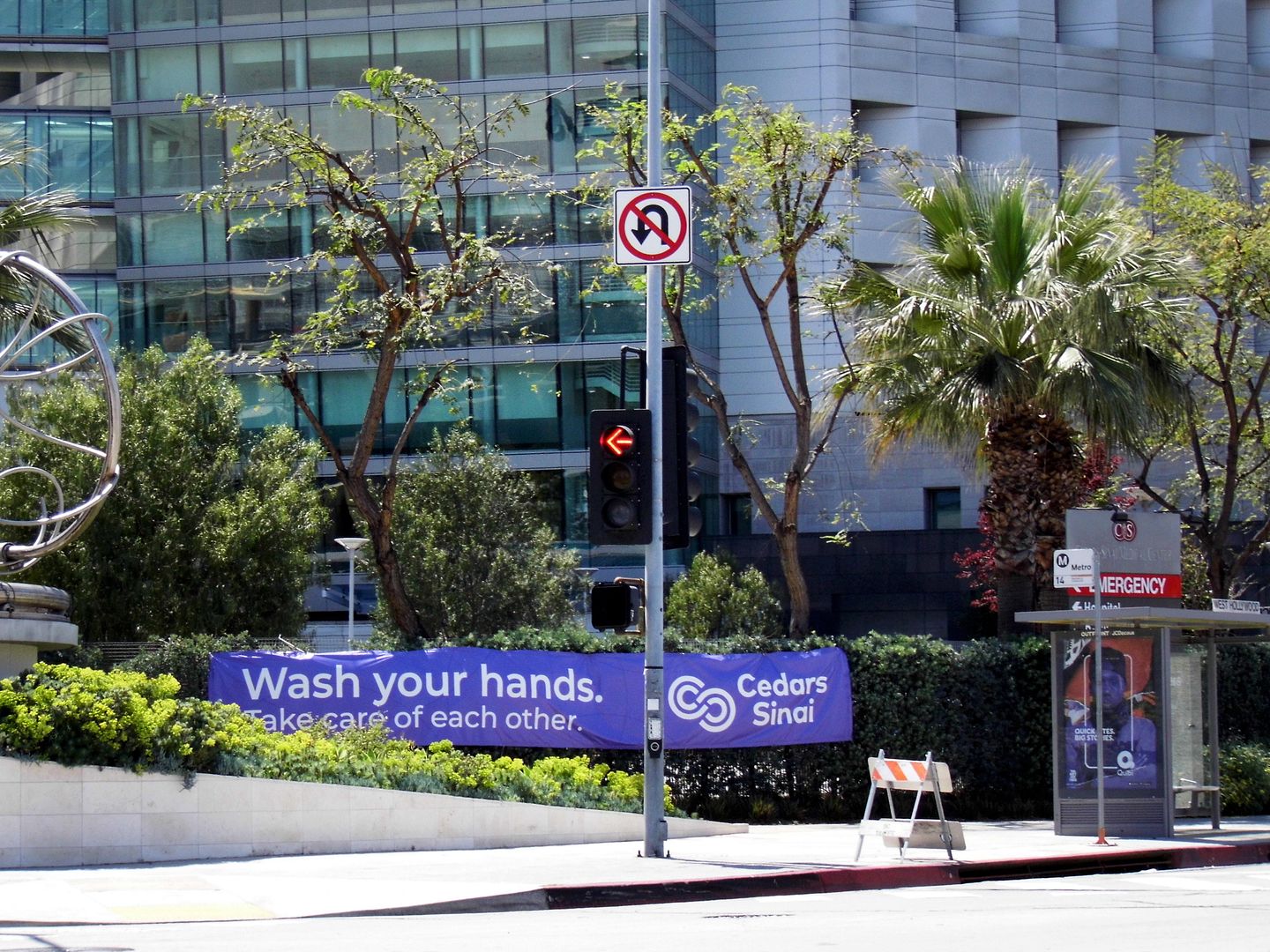
I'm now forced to recall growing up in Syracuse, New York at a time when wearing sanitary gloves at a restaurant or in a commercial kitchen wasn't required and certainly wasn't common.
And, apparently, neither was washing hands properly.
My parents, sister, and I rarely ever went out to eat at a restaurant—but there was a streak when it seemed like every time we dined out, we got exposed to hepatitis A.
The July 12, 1987 issue of The New York Times reported that Onondaga County—the Central New York county where Syracuse is located—had been besieged by hepatitis after the virus had already broken out in two neighboring counties.
Within one month, six workers at five restaurants had been diagnosed—bringing the total to 54 cases, compared to only 8 during the same time period the year prior.
Now, unlike COVID-19, hepatitis A is generally not deadly. But like the coronavirus, the hepatitis virus can spread by fecal shedding—which means a food handler who pooped and didn't properly wash their hands could infect an entire restaurant.
It happened at a Pizza Hut near Syracuse University. I'm not sure we'd gone to that one.
But it also happened at a Wendy's. And I do remember being forced to eat there as a kid.
And it also happened at Perkins in DeWitt. We could've been exposed there, but I don't remember exactly.
My parents might know. But I haven't talked to them since 2007.
One was definitely at the restaurant at the Ramada Inn in Salina—just outside of Syracuse, near the bank where my dad worked. Back then, the Ramada Inn was a pretty nice place, so we'd gone there for Easter Sunday 1988.
So did 1400 others, who also got exposed.
The outbreak was so bad at one point that Channel 9 interrupted a primetime episode of Perfect Strangers to run a 30-minute special on it.
I remember hearing the news reports warning patrons who drank a beverage with ice in it or ate from the salad bar (i.e. uncooked vegetables, as high heat generally kills the virus). We always qualified. And that meant we had to line up alongside 10,000 other people within the course of a month to go in for our gamma globulin shots, which was supposed to prevent the hep A infection from taking hold.
God, I remember that shot. I don't remember how many of them I got, but there were more than one. And they hurt like a mother.
They were embarrassing to get, too. They shot it into your butt cheek. And for a 12-year-old girl, pulling your pants down in front of anyone was just torture.
Hep A can be pretty contagious—and for the same reasons that the novel coronavirus is. It manifests in symptoms that masquerade as something else.
When it starts out, you might just think you have the flu. With hep A, you don't know yet that your liver is under attack. With COVID-19, you don't yet know that your lungs are in the crosshairs.
The gamma globulin only protects you if you get it within 14 days of exposure. Sometimes the restaurant wouldn't find out about the infected worker and report it in time to get all the exposed people to peel off their pants and expose their fannies for a shot.
As a result of the health crisis, the county enacted new legislation that required food handlers to wear plastic, disposable gloves. It's not that they're any better at protecting us from a virus than a good scrub with soap and water. It's just that the county government couldn't count on the fact that anyone handling food would actually wash their hands properly.
So there was a run on gloves. Restaurant suppliers reported selling 200,000 or 300,000 gloves in just one day.
Still, only 95% of county restaurants actually complied. Some thought it would hurt their business and complained that wearing gloves made it harder to work.
Not surprisingly, when the outbreak was declared "over" in November 1988, and rules were relaxed, more hep A outbreaks followed. And the glove rule was reinstated in 1990 and made permanent in 1992 (though it didn't become a New York State law until 1997).
You couldn't have bake sales at church anymore. You couldn't bring cupcakes for your classmates' birthdays. You just didn't know who was pooping, wiping, and cooking without washing in between.
After I moved out of Syracuse for college in 1993 and then permanently in 1997, I never again had to be told that I'd been exposed to hep A. That's even though food service workers on campus were clearly not wearing gloves (because they didn't have to in neighboring Madison County). That's even after eating countless slices of unsanitary pizza at 5 a.m. in New York City.
I never thought I'd have to think about sanitary gloves again. But now I find myself eyeing gloved workers who handle food and then money and credit cards and POS touch screens and then food again.
And I'm just hoping they change their gloves after going to the bathroom.
There's a lot about this "new normal" that I hope becomes permanent. Is it too much to ask for people to wash their hands properly and wear gloves?
Related Posts:
Quarantine Angst?
A Shot Into Another Dimension

No comments:
Post a Comment